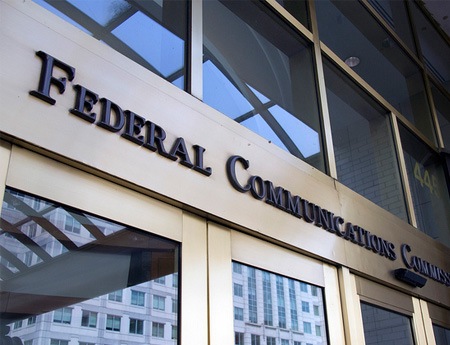Another LPTV Group Seeks Stay of Spectrum Auction

The smarter way to stay on top of broadcasting and cable industry. Sign up below
You are now subscribed
Your newsletter sign-up was successful
Another group of LPTVs has asked the FCC to stay the start of the March 29 incentive auction.
The FCC has so far shown no signs of granting such stay requests.
The latest filing comes from Free Access & Broadcast (FAB) Telemedia, Word of God Fellowship and Mako Communications, which have challenged the FCC's interpretation of incentive auction legislation in which it excluded most LPTVs from auction participation or protection of their signals in the repack of stations in the auction.
They have challenged that decision in the U.S. Court of Appeals for the D.C. Circuit and want the FCC to hold off until the court rules, which won't be until at least May.
If the court ruled in their favor, that could require thousands of LPTVs to be added to the auction, though they tell the FCC that would not be such a heavy lift.
In their petition, they tell the commission they are likely to prevail in court because the auction legislation protects spectrum usage rights against "alteration," which eliminating LPTVs licensed channels certainly is, they argue.
LPTVs are secondary to full-powers, which is central to the FCC's interpretation. But they also say that the FCC is also prioritizing unlicensed spectrum over licensed LPTVs, which does not square with statute.
The smarter way to stay on top of broadcasting and cable industry. Sign up below
"[T]he Commission’s decision not to protect LPTV stations in the repacking is entirely consistent with their secondary spectrum usage rights, and does not alter them," the FCC told the court last month in response to the suit.
"[A]lthough repacking could lead in specific cases to an LPTV station being forced to go off the air permanently, LPTV stations have always faced that risk: their status as a secondary service means that they can be forced off their channels by primary users of the same spectrum, and required to cease operations if they cannot find a different channel on which to operate. That potential consequence resulting from LPTV status reflects those limited license rights; it does not revoke them."
The LPTVs say the FCC should not be in a rush to start the auction given that the statute gives it until 2022 to complete the process.
They have given the FCC until March 8 to respond. If the FCC has not responded by then, they will turn to the court for a stay.
The court already has a stay request from Latina Broadcasters, which owns a Class A LPTV and says it was unfairly excluded from the auction. The FCC has until March 4 to file its brief defending its denial of Latina's stay request last week.
Separately, Videohouse, whose Class A was never treated as auction-eligible by the FCC—Latina's initially was—has also asked the FCC to stay the start of the auction until the D.C. court hears its underlying challenge, and will likely seek a stay from the court as well if the FCC, as expected, denies that request, too.
Contributing editor John Eggerton has been an editor and/or writer on media regulation, legislation and policy for over four decades, including covering the FCC, FTC, Congress, the major media trade associations, and the federal courts. In addition to Multichannel News and Broadcasting + Cable, his work has appeared in Radio World, TV Technology, TV Fax, This Week in Consumer Electronics, Variety and the Encyclopedia Britannica.

